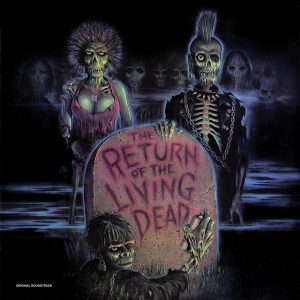Tourist hotels line the beaches of Havana; you can see their lights to the north as you ride the P5 bus along Avenida 41. You’ve never been inside, but you know they contain another world: a world filled with people from places that have never even heard of El Paquete Semanal. The sellers of El Paquete, the paqueteros, all say that’s where the ‘real’ internet lives, that the Maestros all have connections inside, that the hotels are modern-day pirate ships.
For months now, you’ve been placing orders with the various paqueteros on behalf of the neighborhood residents. You know which paqueteros censor the racier content, which supply the highest quality music, the better job ads, the widest range of news, e-books, and educational materials. You know who have the newest movies, the latest TV shows from the United States, the most exhilarating football games. You want to be a paquetero yourself; you need the work. It’s not as dangerous as it sounds, El Paquete Semanal, after all, has been recognized as Cuba’s largest employer. It’s technically piracy, but it’s tolerated piracy. The State only pays attention if you’re distributing pornography or anything considered ‘political’, both easy enough to avoid if you’re smart…and careful.
It’s hard to remember a time before El Paquete (has it really only been eight years?) or to imagine what it must be like to live in the United States, or Europe, where the internet doesn’t come to you pre-loaded on a USB drive each week. All that information just out there, unbounded, accessible. Can you imagine? How does one even know what to look for, to read, to watch, to learn? How do you know what to trust? At least with EP you have Los Maestros to curate the internet, to organize it into genres, folders, and sub-folders, to promote the newest local bands, to highlight the more lucrative job openings, to filter through the news for what’s relevant, and important, or just plain entertaining.
Sure, it’s not like you haven’t seen the internet in its pure, online form. You’ve been to the Wi-Fi parks the State started setting up in ’15; but half the time you couldn’t get a connection and the other half you didn’t have the money to pay for access longer than an hour. El Paquete is just a better system: Los Maestros use their connections to download and package video, music, image, epub, PDF, and application files onto hard drives, Los Paqueteros parse them out onto USBs based on what the people are hungry for and sell those USBs around the neighborhoods for a small fee. No need to log-in, no need to pay for time (or for the MBs if you’re fortunate enough to have a black-market SIM for your phone) just the internet on a drive. Los Maestros and Los Paqueteros make a bit of money at the United States’ expense, and La Gente get a bit of news and entertainment delivered to them once a week. It’s about community, when you really think about it. Seriously, when was the last time the EP arrived and you didn’t immediately get together with friends and family to watch the latest baseball games?
But it all comes down to today. The paquetero who sells from his bike taxi has promised to take you to see La Maestra, and if all goes well, and she agrees to see you, and sees in you what you see in yourself, you might just be a paquetero, too—bringing internet to the people of Cuba one USB at a time.
Works Consulted:
Dye, Michaelanne, et al. “El Paquete Semanal: The Week’s Internet in Havana.” Proceedings of the 2018 CHI Conference on Human Factors in Computing Systems. ACM, 2018. https://dl.acm.org/citation.cfm?id=3174213
Bravo, Joel Lenin Pinargote, et al. “Lessons from El Paquete, Cuba’s Offline Internet.” Proceedings of the 1st ACM SIGCAS Conference on Computing and Sustainable Societies. ACM, 2018. https://dl.acm.org/citation.cfm?id=3209876


